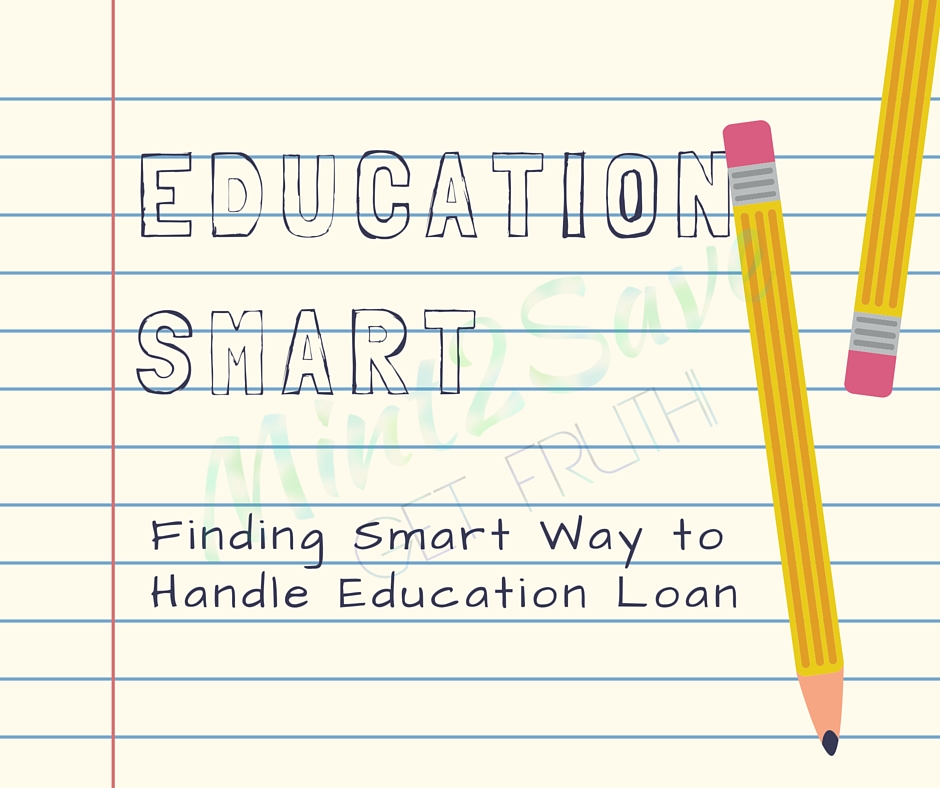How to Manage Education Loan
- 5 July 2016 | 1337 Views | By Mint2Save

“25 year old Ankit Choudhary was put to a lot of public shaming and abuses when his bank approached his employer detailing him of not paying off his educational loan that he took 7 years ago. Back then, Ankit’s father was handling his education finances and Ankit was sure that no dues should have been left in any loans.
When he approached his father, who was also shocked, they both decided to have a visit to the bank. Upon reaching the bank, they realised that the education loan was just short of Rs. 5000/- to be completed. The amount had become double owing to penal interest. Further, a long list of letters and overdue notices were shown to them by the manager. These all were addressed to either the Ankit’s hostel or the previous house where he lived.
The Choudharys didn’t care to inform the bank where they were, and, for the bank they were absconding. Due to ignorance, Ankit’s and his father’s CIBIL score was depleted, they were searched all over the internet for their address, they had been shamed and now, they were left with no other option than to re-paying the loan with the penalty interest and charges for the whole loan.
Ankit has also approached the bank to remove the status of his loan as Wilful Default in CIBIL, as he knows how difficult it would be for him to get any other type of loan or even credit card.”
The above narration is a common incident for banks. A lot of education loans do go bad either due to ignorance, miscommunication or confusion regarding terms and conditions.
One of the collateral free loans which the government pushes banks and NBFCs to give is education loan. Several subsidies and programs are there to encourage primary, secondary and higher studies among people of all ages. Despite of all these efforts, banks refrain a lot of granting education loans.
On an average, loans upto 7 lakhs ,do not require any collateral and rejection rate is usually low as thorough explanation is required to reject any education loan.
Aftermaths of such loans going bad would not only ruin the loan history of the guardian or parent (co-applicant/guardian to the loan), but would also hamper the CIBIL of the student tremendously. The education loan would probably be his first loan from any bank and when that goes bad, the doors to seek further loans, irrespective to their kind, would be shut.
Looking at phenomenal increase in the expenses towards higher education, education loan is a vital option available and is preferred by majority of students for obtaining secured funding and claim income tax relief on the interest later on. But, it should be treated very diligently and responsibly as it is borrowed money and repayment behaviour towards it will affect one’s further ability to take loans.
Problem with Repayment:
A lot of feedback over the education loan goes negative as the interest rates are above 12% and since the repayment starts after the completion of course, it becomes so high that it forms itself as a major expense and consumes most of the salary.
This problem can be taken care when the interest gets serviced during the moratorium period too, which means that you start paying off the interest before your actual EMI starts. This would reduce the interest liability over time, and ease the burden of your EMI.









